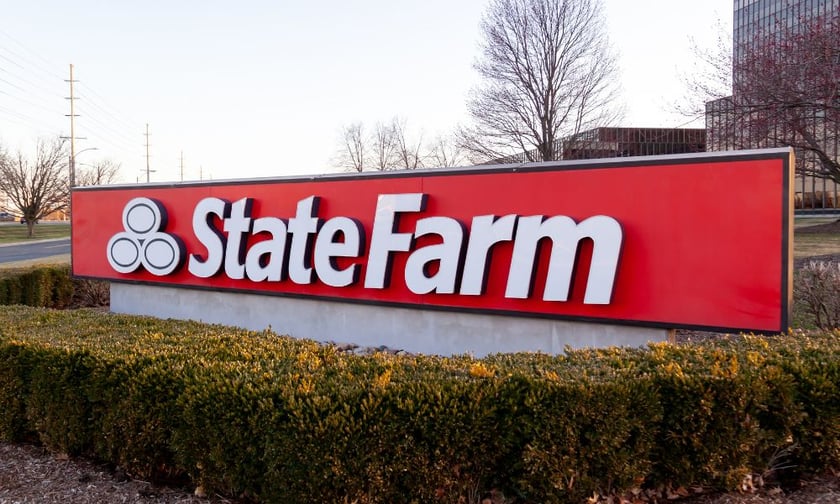

A federal judge has ruled in favor of Kymberly Aleem Duncan, sending her employment discrimination lawsuit against State Farm Mutual Automobile Insurance Company and Jeanette Nicole Little back to California state court. The decision comes after State Farm attempted to move the case to federal court, arguing that Little, a California-based manager, was fraudulently included as a defendant to defeat federal jurisdiction and get the case heard in employee-friendly California.
Duncan, a former litigation attorney for State Farm’s Pleasanton, California office, filed a lawsuit in Alameda County Superior Court alleging racial discrimination, retaliation, and a hostile work environment under California’s Fair Employment and Housing Act (FEHA).
According to Duncan, she was the only African-American woman among 21 attorneys in her department and was subjected to discrimination by her supervisors, including former managing attorney Philip Anderson and current managing attorney Jeanette Nicole Little.
Duncan alleges that Anderson initially blocked her promotion in favor of a white male employee and later made comments that suggested he had become “more open” to hiring people of color. When Little took over in 2021, Duncan claims she faced escalating discriminatory actions, including:
Duncan alleges that this pattern of conduct created an intolerable work environment, ultimately leading to her constructive discharge in May 2023.
State Farm moved the case to federal court in November 2024, arguing that Little, a California resident, was fraudulently joined in the lawsuit. Under federal diversity jurisdiction rules, a case can only proceed in federal court if all defendants are from different states. Since both Duncan and Little are California residents, State Farm needed to prove that Duncan had no legitimate legal claim against Little to keep the case in federal court.
State Farm contended that:
Unfortunately for the insurer, Judge Joseph C. Spero rejected State Farm’s fraudulent joinder claim, ruling that Duncan had sufficiently pled a harassment claim against Little under California law. The court emphasized that:
Since Little remained a valid defendant, the court ruled that complete diversity of citizenship did not exist, and the case must be heard in California state court.
The ruling is a major procedural victory for Duncan, as California state courts tend to be more favorable to employment discrimination plaintiffs compared to federal courts. The case will now proceed in Alameda County Superior Court, where Duncan will continue to pursue claims for:
For employers, this ruling reinforces the high legal standard required to prove fraudulent joinder and highlights the importance of careful documentation in workplace disputes.
With the case now back in state court, State Farm and Little will have to defend against Duncan’s allegations in front of a jury.
